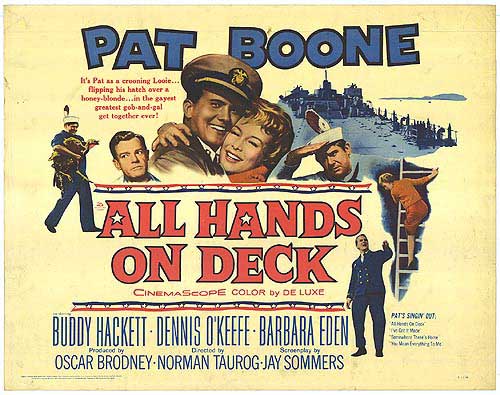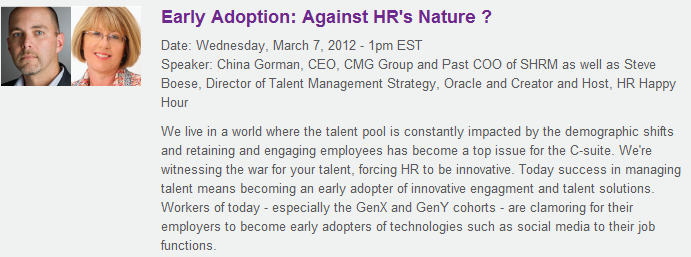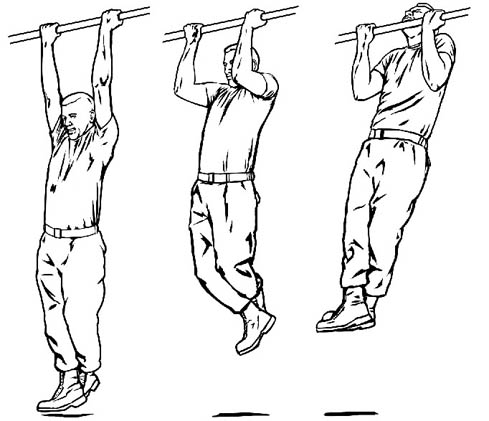If it isn't urgent, skip the dramatics
We've all heard them at one time or another in our careers, the overly dramatic 'inspirational' speeches, often peppered with military metaphors, from executives and leaders that are meant to get the troops (dang, I just did it myself), charged up and ratchet up the energy and enthusiasm in the office. While we all know, at least most of us know, that these kinds of speeches, whether delivered live or in an email, are generally not taken all that seriously by said troops, there doesn't seem to be any sign of them going away. 
One reason I think that these kinds of fake, shallow, and sort of silly communications continue is the fact that rarely if ever will the boss get any feedback informing him or her just how much the rank and file are secretly laughing to themselves while listening or reading to these kinds of messages. Certainly, job security and a general desire not to make waves requires and makes prudent the decision by most folks to simply keep the giggles to themselves and nod in agreement as the brave leader exhorts the team to greater heights.
So while it might be difficult for anyone to actually speak up, occasionally you'll find an amusing rant about how these dramatics are actually interpreted by the team, check out a recent post from a terrifically funny, (and almost always NSFW), blog called Pound the Budweiser that helps spell out what the average employee thinks in response to typical and common leadership histrionics:
I'm an office drone. I live and work in a hive of cubicles. We have no deck. We have staff meetings. So when the new boss scheduled an All Hands on Deck Meeting for last week, I metaphorically circled it on my Outlook calendar.
The morning of the All Hands on Deck Meeting it was postponed for three weeks. Our first ever All Hands on Deck Meeting will now take place in March.
I am not a sailor but when the captain tells the bosun to pipe "All Hands on Deck" I think it confers a sense of urgency to the proceedings. Something like, there's a pirate ship on the horizon, lets put up more sail and get the heck out of here or, we've got a German U-boat on the scope so we're going to need your best effort or, there's topless Playboy bunnies off the port bow, who has my binoculars?
Can an All Hands on Deck Meeting be postponed for three weeks and still be called an All Hands on Deck Meeting?
Classic. And a good reminder of how even the small things, like the name given to a staff meeting, can actually have an impact with how you are perceived as a leader.
I am not trying to say that leaders can't or shouldn't try to rally the team and inspire the staff, but I think it a good idea to keep in mind that there while there probably is in most organizations a time for dramatics and urgency that time is probably not as often as you think. Second, when you really do feel like there does need to be some urgency, don't wait three weeks to let the team know what you felt was so important. And third, and you may or may not care, there is a chance that your 'troops' are really only following out of fear and contemplating launching their own anonymous blogs to goof on your leadership style.
What do you think? Do leaders sound the air raid signal too much?

 Steve
Steve



